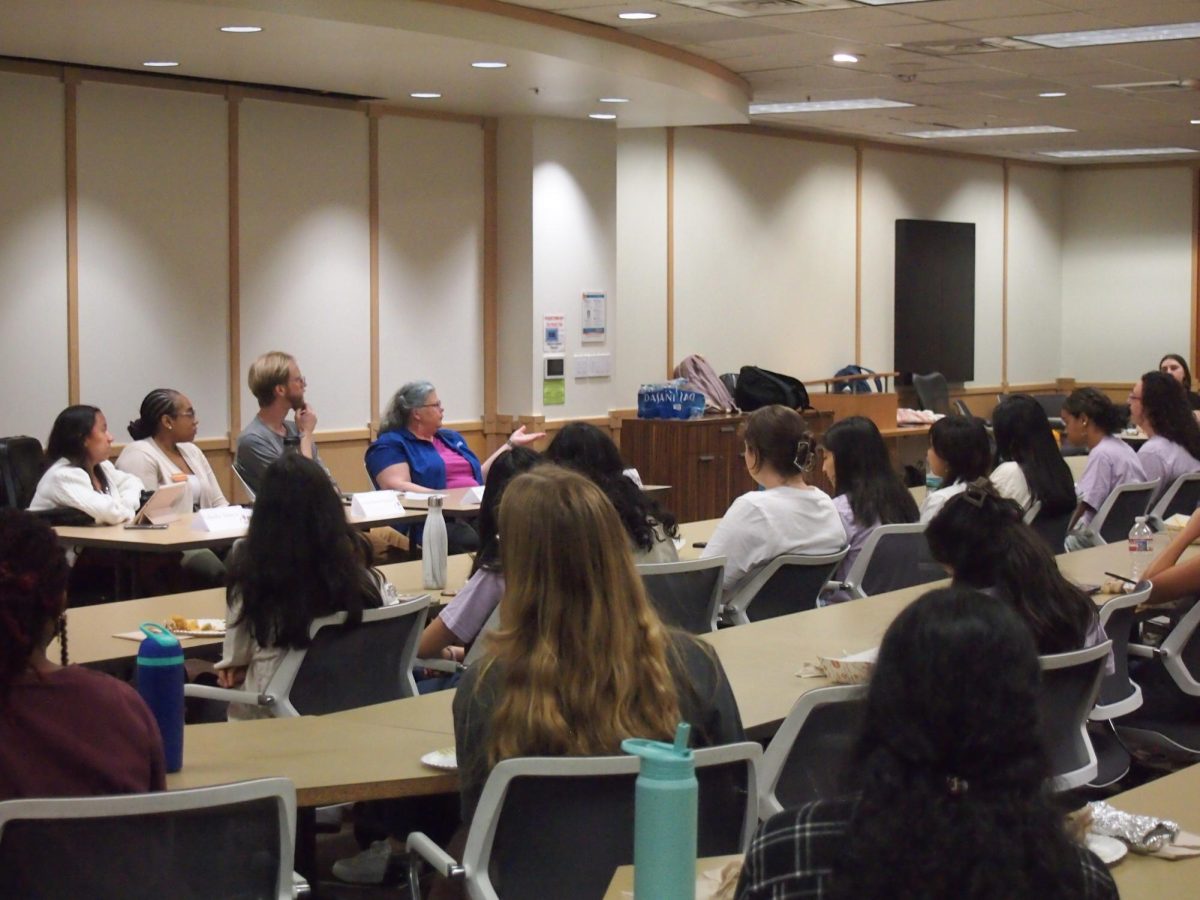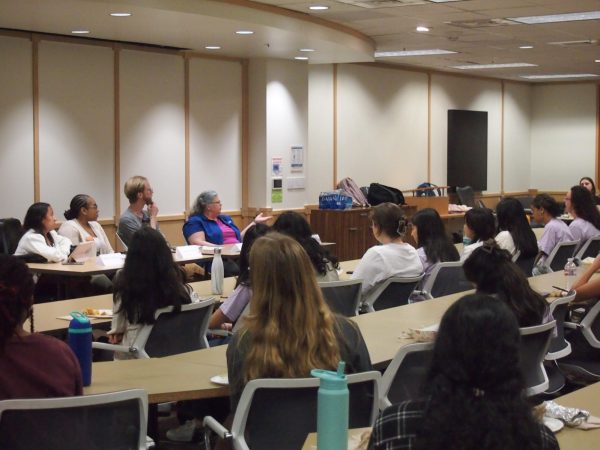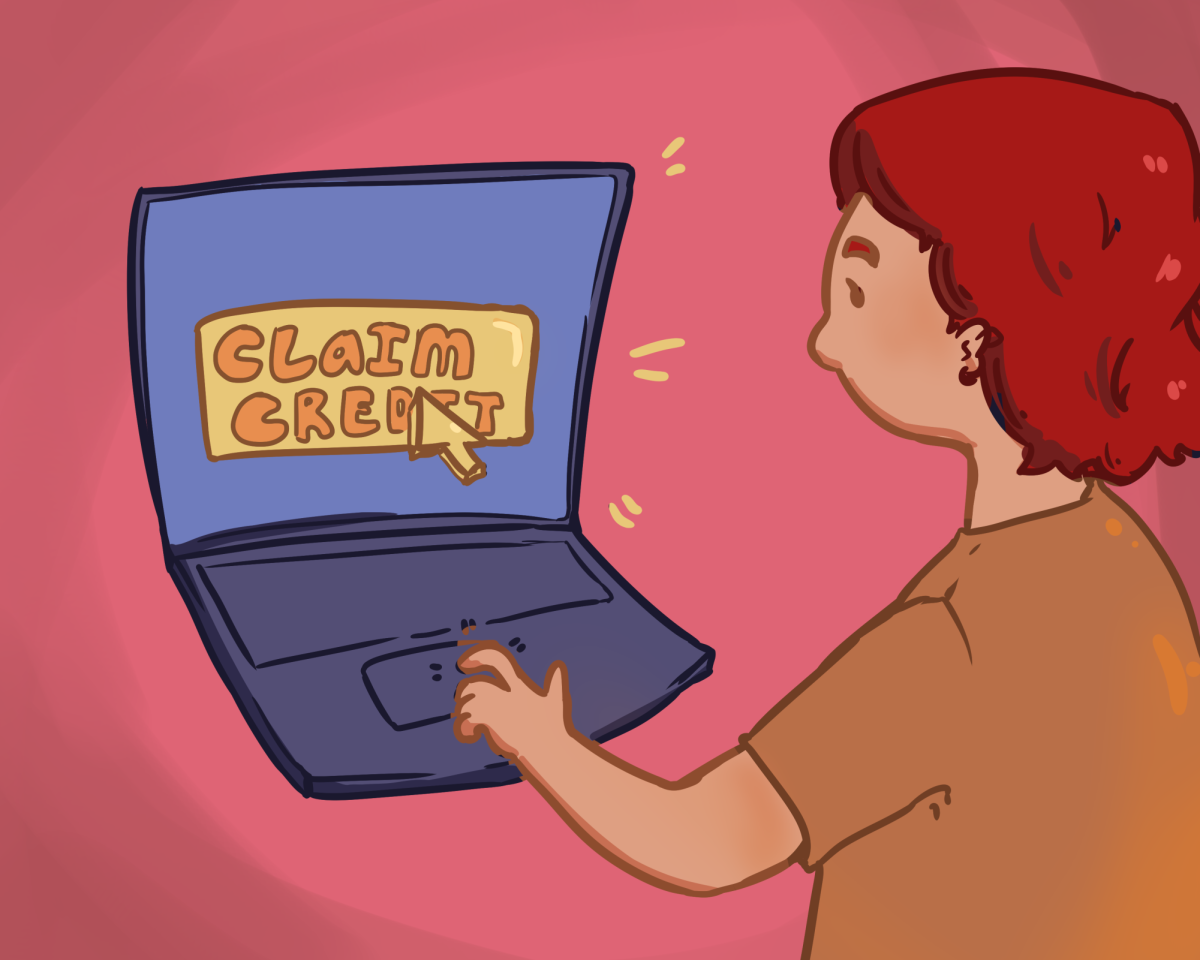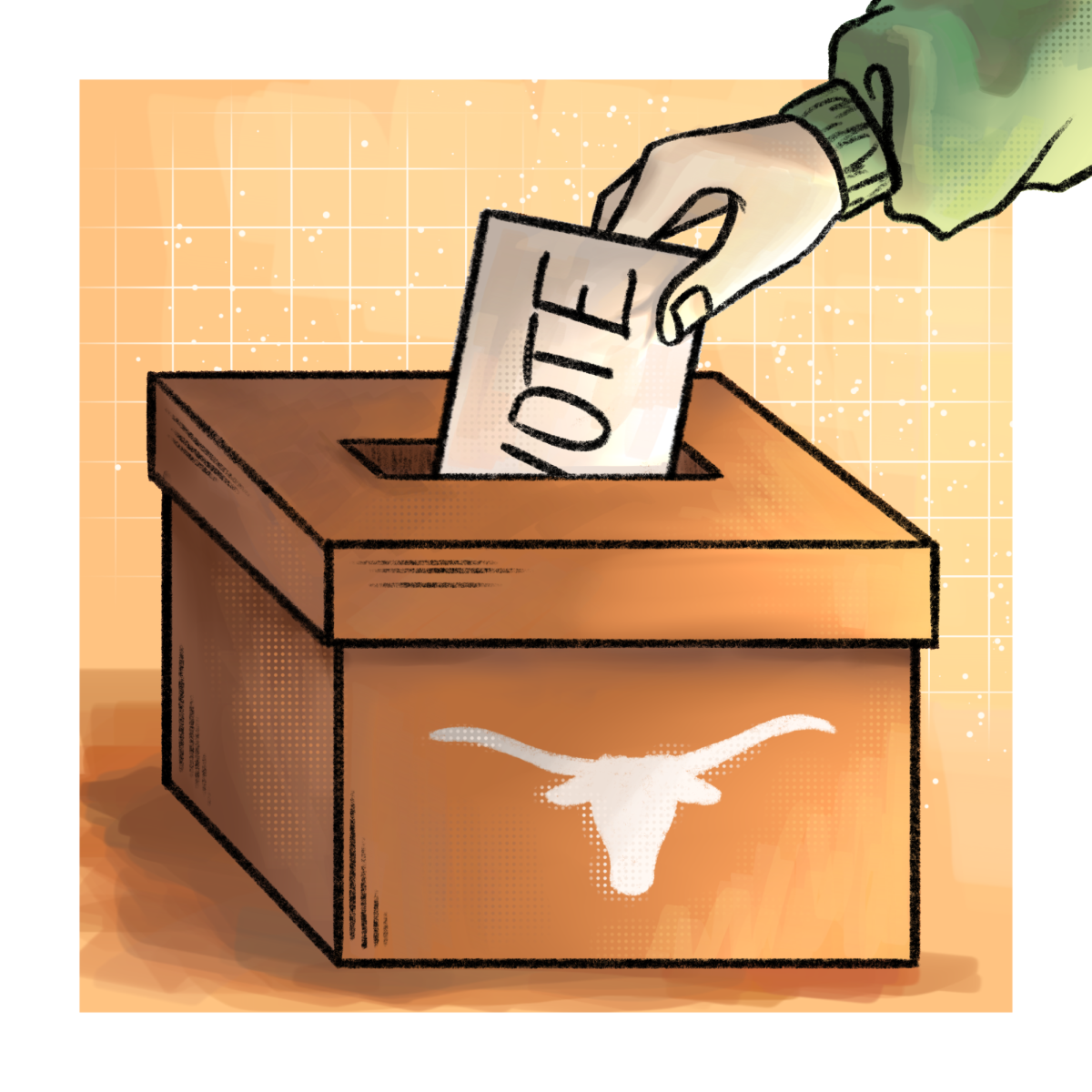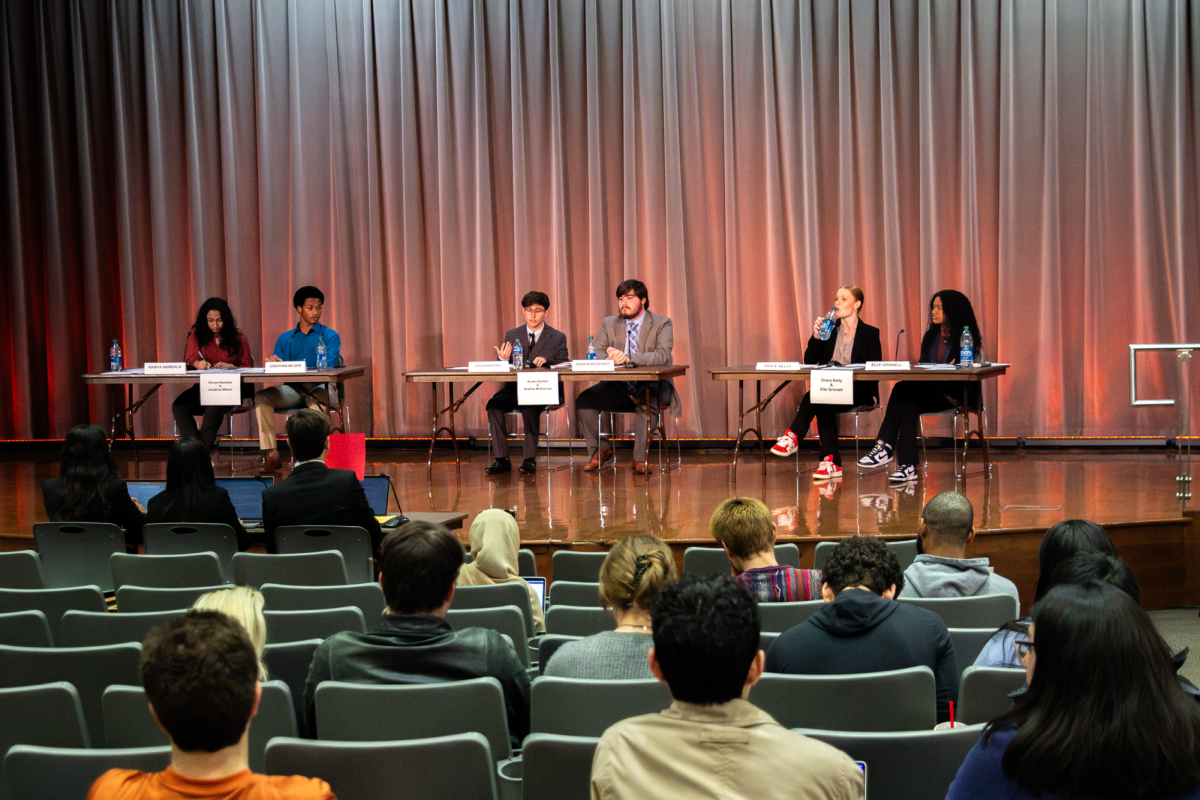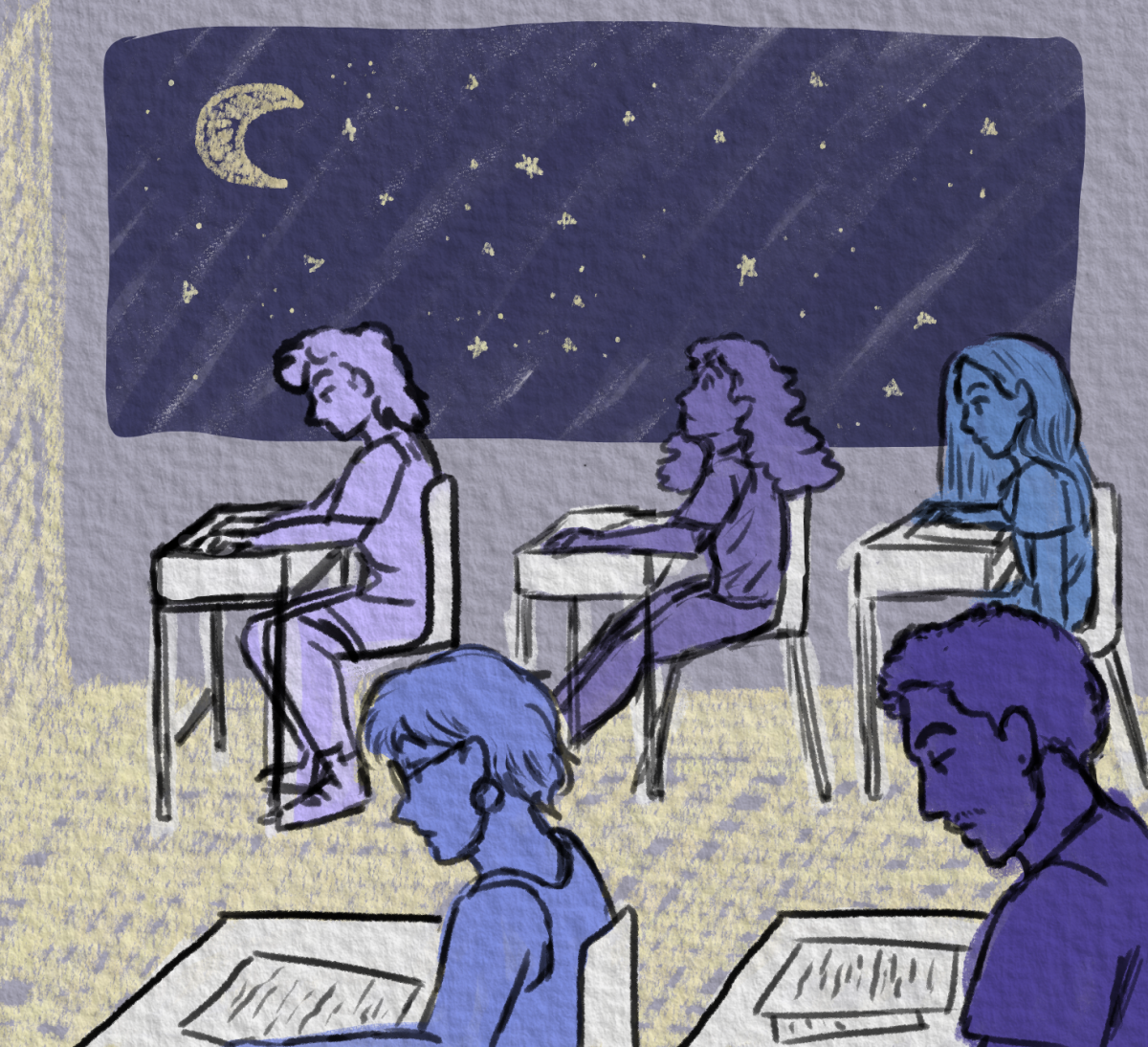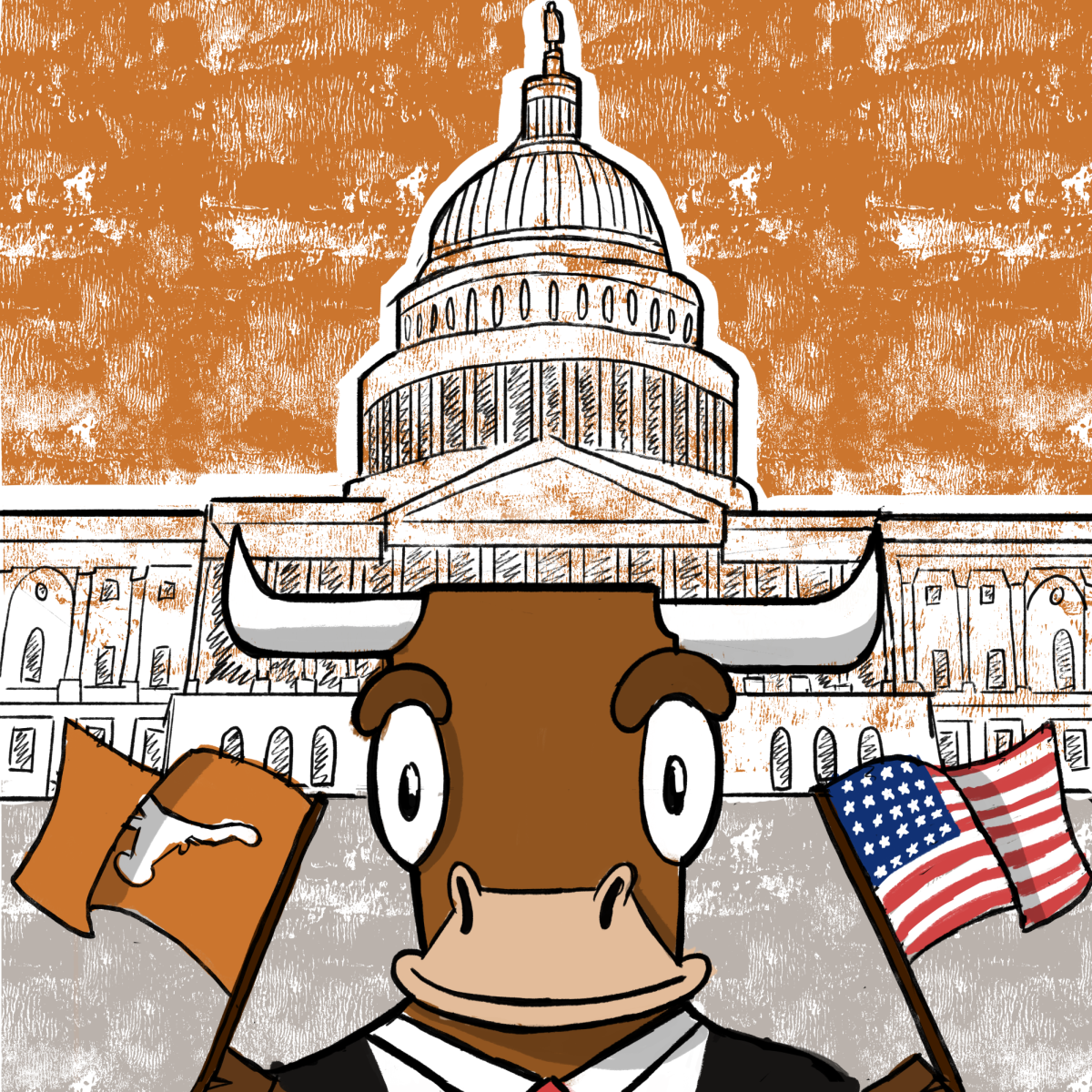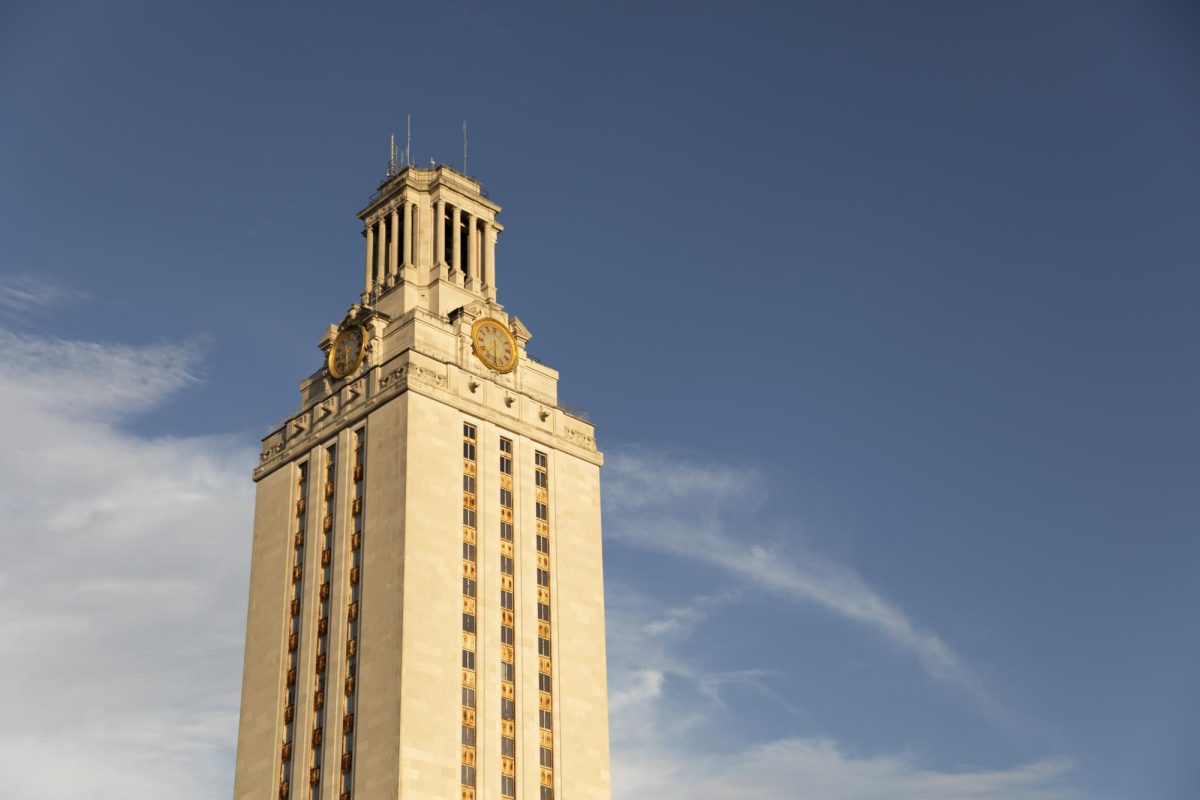UT Student Government’s Disabilities Inclusion Agency hosted a panel on Tuesday discussing inclusivity and accessibility within student organizations.
Hosted in the Student Services Building, the panel discussed ways student organizations can be more accommodating for students with disabilities throughout the recruitment process, resources available to students and how to overall foster an accommodating and comfortable environment in which students can communicate their needs.
The recruitment process for student organizations can be stressful and everyone reacts to stress differently, Ashley Richardson-Minnitt, autism spectrum education and outreach administrator, said.
“Some people have panic attacks, some people kind of shut down or (freeze),” Richardson-Minnitt said. “I just want everyone to keep that in mind during the recruiting process because everyone is not going to react the same to a situation and that doesn’t mean they’re not interested. That doesn’t mean that they aren’t capable of being in the org.”
E4Texas Program Manager, Joe Tate, said it is important to maintain open and honest communication throughout this process so that students feel supported.
“Just being kind and letting that person know, ‘Hey, I’m here for you. I’m here to support you through the process,’ (is) really the biggest thing that we can do as allies to people with disabilities,” Tate said.
During the recruitment process, Tate and Angela Standridge, director of the Texas Technology Access Program at the Texas Center for Disability Studies, said student organizations can be more accommodating by directly asking prospective members how they can best be supported throughout the application process.
“Let’s ask upfront, what ways can we accommodate you and what specific accommodations or modifications can we provide?” Tate said.
Tate and social work junior Fabiola Amaya said sometimes it can be difficult and draining to ask for accommodations within student organizations.
“In a lot of student organizations, we’re here to have fun or to learn or volunteer,” said Amaya, founder of student initiative On the Moov. “So coming in and having to ask for accommodations … having to put in that labor of having to set up these conversations … it’s a lot for people.”
Standridge said the Disability Cultural Center can be a good starting point and resource for students to learn to be self-advocates for themselves and grow more comfortable with asking for help.
Student organizations can also ensure accessibility by having other eyes, like the DCC or Longhorn Ties review their applications and recruitment processes, Richardson-Minnit said.
“Taking that extra step is not as painful as it does seem because people are willing to respond to help you make sure your program is accessible,” Richardson-Minnit said.



